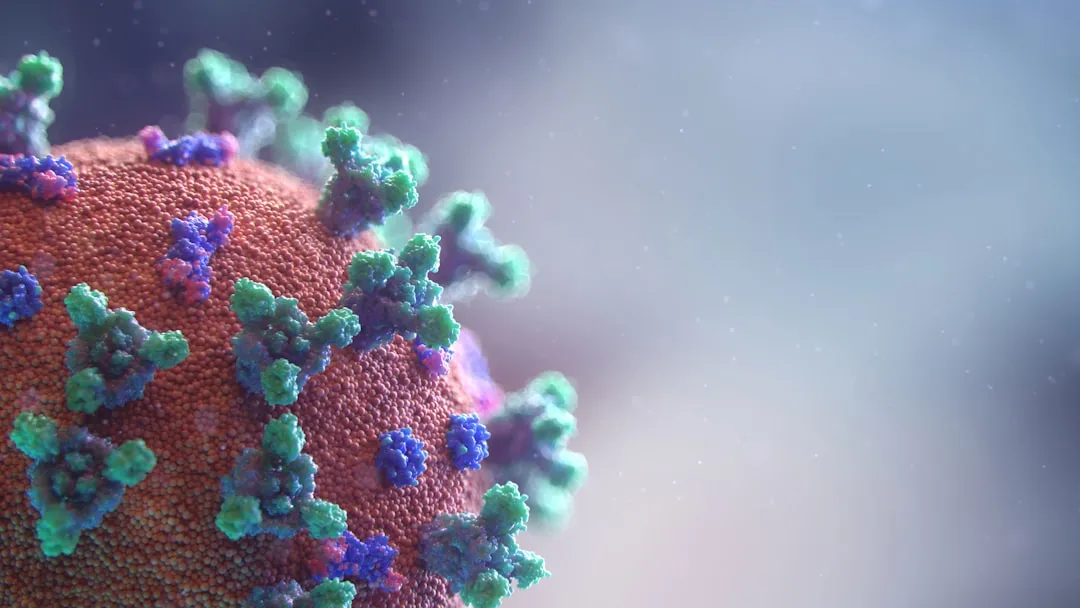What is long COVID?
Long COVID, also known as post-COVID-19 condition or post-acute sequelae of COVID-19 (PASC), does not have a formal definition, but it is generally thought of as a range of symptoms that impact a person’s life and can persist for weeks or months after a person has been infected with the SARS-CoV-2 virus. It is important to ensure that these symptoms cannot be explained by another diagnosis. Some of the symptoms people have reported include:
-
Fatigue
-
Shortness of breath
-
Chest pain
-
Difficulty concentrating
-
Memory problems
-
Sleep disturbances
-
Muscle aches and pains
-
Headache
-
Dizziness
-
Heart palpitations
-
Loss of taste or smell

The connection between long COVID and POTS
Postural orthostatic tachycardia syndrome (POTS) is a condition that affects the autonomic nervous system, the part of the nervous system that controls involuntary bodily functions such as heart rate and blood pressure. People with POTS experience an abnormally large increase in heart rate when they stand up from a sitting or lying position.
POTS is a relatively rare condition, affecting somewhere between 0.1 - 1% of people in the general population. However, there is a growing body of research suggesting that many of the people who develop long COVID meet the criteria for POTS. In one such study of 24 patients experiencing post-acute sequelae of COVID-19, the researchers found that all of the patients met the diagnostic criteria for POTS.
Why does long COVID have a strong association with POTS?
The exact mechanism by which long COVID may lead to POTS is still unknown. One possibility is that the COVID-19 virus directly or indirectly (via inflammation) damages the autonomic nervous system. Another possibility is that the virus triggers an autoimmune response, which then attacks the autonomic nervous system.
One study sought to analyze which tissues of the body may be affected by SARS-CoV-2, which uses the angiotensin-converting enzyme 2 (ACE2) transmembrane receptor to enter human cells. They found that certain areas of the brain—some which contribute to autonomic regulation—have high expression of ACE2 receptors, which could help explain why the virus may impact this physiologic function.
Whatever the cause, POTS can be a debilitating condition. It can make it difficult for people to work, go to school, and participate in everyday activities. However, there are treatments available that can help to improve symptoms and quality of life.

Treatment for long COVID and POTS
There is no one-size-fits-all treatment for long COVID or POTS. Treatment typically focuses on symptom management.
Some common strategies for long COVID and POTS include:
-
Lifestyle changes, such as increasing fluid intake and avoiding standing for long periods of time.
-
Using compression garments, such as compression stockings, which can help to improve blood flow.
-
Medications, such as beta-blockers, which can help to control heart rate.
If you are dealing with ongoing symptoms after a COVID-19 infection, talk to your primary care doctor to develop a care plan that is right for you.
Get your free 30-day heart health guide
Evidence-based steps to optimize your heart health.
